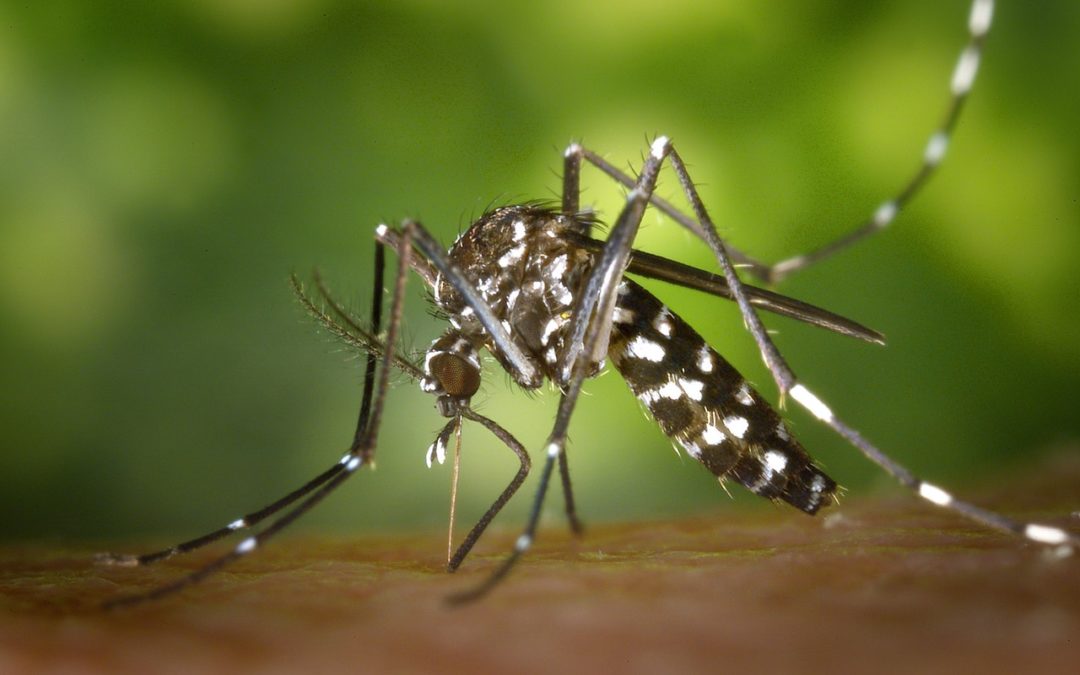There are many factors to consider when planning your gap year. This includes choosing your destination and buying the equipment you need, to scheduling vaccinations and obtaining the right anti-malarial medication. Malaria defence is well known about but not very well understood.
If you’ve done enough health research on your gap year destination you’ll be aware of the risk of tropical diseases. These will include Malaria, Yellow fever, Dengue fever and Japanese Encephalitis. These diseases are transmitted via mosquito bites and should not be taken lightly, having serious and even life-threatening effects. Discussing the risks of disease with your GP or local travel clinic should help you decide if you need to take preventative measures.
Start planning your trip several months before departure because some treatments are administered many weeks before you travel.
Malaria Defence: Vaccinations and Anti-Malarial Medication
Whether or not you will require vaccinations and anti-malarial medication all depends on your destination. Below we have put together a table of some of the vaccinations and medication available for travellers. We’ve also included vaccinations for diseases spread by ticks, as this can be an issue in many gap year destinations, especially if you’re taking part in treks and other outdoor activities.
|
Disease |
Vaccine / Medication Recommended |
|
Malaria |
Anti-Malarial tablets – to be taken anything from 1-2 days to 3 weeks before travel, depending on which type you are prescribed by your GP |
|
Yellow Fever |
Vaccine at least 10 days before travel |
|
Dengue Fever |
No Vaccine currently available |
|
Japanese Encephalitis |
Normally 2 injections – to be completed 1 month before travel |
|
Tick-borne Encephalitis |
3 separate injections – at least 3 months before travel |
As with all medication and vaccinations, some people experience side effects. These include redness and swelling at the site of the injection, nausea, aching muscles, abdominal pain and headaches. The NHS website provides lots of detailed information on a range of travel vaccinations and their side effects.
Side effects more specifically related to certain types of antimalarial medication include sun sensitivity, skin rashes and reduced effectiveness of combined hormone contraceptives.
Types of antimalarial tablets available include Doxycycline, Atovaquone and Mefloquine. Your GP will be able to advise which type would be best suited to you depending on your destination and the duration of your trip.
Malaria Defence: Preventing Mosquito & Insect Bites
Prevention is always better than the cure, so ensure you take measures to prevent mosquito bites during your trip. There is currently no vaccine available for Dengue Fever, so bite prevention is the only way to stop infection. This can be achieved by using a good mosquito repellent.
DEET (Diethyl-meta-toluamide) has proven to be the most effective method of mosquito protection available and is the active ingredient in many mosquito repellents on the market. DEET interferes with the receptors on the antennae of mosquitoes and other insects. This prevents them from detecting your body heat, the carbon dioxide you exhale and chemicals your body secretes. The fragrance of DEET has also proven to repel insects as they dislike the scent.
The strengths of DEET available vary from 20% to 95% and stronger formulas should only be used in high risk malarial areas. 50% formulas are still deemed to provide a good level of protection against insects. With regular applications; you can ensure you remain protected, even in areas with a risk of tropical disease.
Malaria Defence: Natural & DEET Free Repellents
Although DEET is the most popular and common mosquito repellent available, there are more natural alternatives that don’t contain this chemical. Some of these have been proven to be as effective as 50% DEET formulas.
These alternatives often contain Icaridin, an effective chemical in repelling insects which is almost odourless. Another common ingredient found in DEET free repellents is Citriodiol, which is produced from Eucalyptus Citriodora oil.
Malaria defence: How to Dress to Prevent Bites
Wear clothing with long sleeves – This helps by exposing less flesh for the insects to bite and also covers the wrists which are a common target area for mosquitoes.
Wear light coloured clothing – Mosquitoes are attracted to dark colours.
In high infestation areas such as the jungle, you may consider wearing a mosquito head net to protect your face and neck from bites.
Wear a hat with a wide brim to protect your neck and head.
Long trousers will help protect your ankles, another popular area with mosquitoes. You may also want to consider tucking your trousers into your socks if you’re in a high infestation area as this will stop insects from climbing up your trousers.
You can also treat certain items of clothing and equipment with permethrin spray to help repel mosquitoes.
Malaria defence: Mosquito Nets
Ensuring you have a good quality mosquito net is a great way of keeping you bite free while you sleep. There are a number of options available for travellers, with a range of styles to suit all types of accommodation.
According to the World Health Organisation, all mosquito nets should have a minimum of 156 holes per square inch to be deemed fit for purpose and to be effective against mosquitoes and other insects. Most nets on the market exceed this with around 196 holes per square inch or more.
Mosquito nets act as a protective barrier and are often treated with insecticide such as permethrin to prevent mosquitoes and insects from landing on the net. You can also re-treat your net when the treatment begins to run out by using a permethrin mosquito net treatment.
Which type of net?
Wedge: This style of net normally features one or two hanging points, which makes it much easier to hang compared to other styles of mosquito net. This style is popular with travellers as it is lightweight and compact.
Ridge: A ridge shaped net has two hanging points, with one point at each end. This style of net is particularly useful for travellers who are camping or sleeping outdoors as it can easily be suspended between two trees and is great for using with hammocks.
Bell: As the name suggests this type of net is shaped like a bell and offers plenty of sleeping space inside. These types of net are relatively easy to hang and have a single hanging point. The only issue you may find with bell nets would be their pack size, which can be quite cumbersome.
Box: The box net offers a great amount of space inside, which makes it perfect for more claustrophobic travellers. The main issue with this style of net is that it has four hanging points, with one in each corner; this can make for more difficult suspension in certain types of accommodation.
Free Standing: Free standing mosquito nets have a frame and are self-supporting, so there would be no need for hanging the net. These types of net sometimes come with a sewn in ground sheet which helps protect against crawling insects as well as mosquitoes and flying insects. Great for a range of accommodation types and well suited to camping.
Other malaria defence tips
Always ensure that you tuck the bottom of your mosquito net under your mattress or sleeping mat to stop insects from crawling inside. Also be sure to keep your sleeping bag or bedding inside the net once you have put it up. Sometimes, mosquito nets can become snagged or you may notice a hole forming. If this happens try and patch up the damaged area with some material or duct tape to stop insects climbing through.
Although you’re protected by your mosquito net during the night, you may also want to consider wearing some repellent too. Mosquitoes have a habit of hovering outside the net, waiting to bite you when you step out of it. By wearing mosquito repellent, you will stop them from detecting your presence, so they won’t be waiting for you when you wake up or take a trip to the toilet in the middle of the night.
By Rachel Keir from the Gap Year Travel Store, a specialist online travel gear store.
Rachel regularly advised travellers on mosquito defence and travel equipment.


